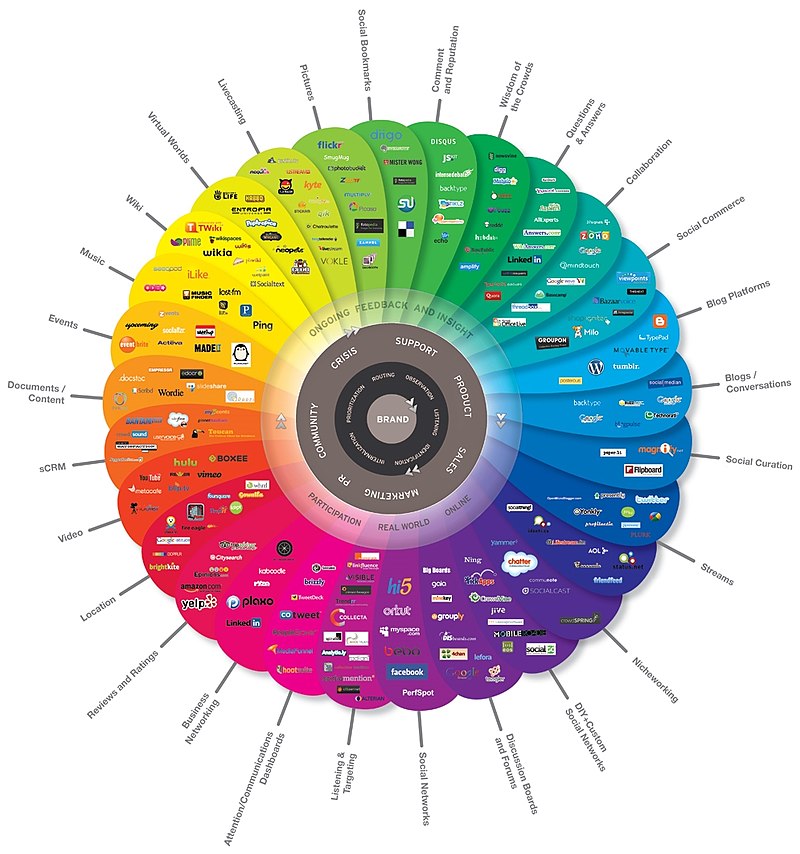Course Glossary
Here are some words that you should be familiar with for this course.
Unless otherwise noted, definitions from Wiktionary. CC BY SA
Special | A | B | C | D | E | F | G | H | I | J | K | L | M | N | O | P | Q | R | S | T | U | V | W | X | Y | Z | ALL
I |
|---|
InductionNoun
induction (plural inductions)
| |
Inference | |
InnovationNoun
innovation (plural innovations)
| |
L |
|---|
LogicNoun(countable and uncountable, plural logics)
| |
Looking things upPart of the academic experience involves coming up against new or unfamiliar terms or words. The best way to expand your grasp of the subject you’re studying is to look things up in dictionaries, textbook glossaries or encyclopedias. Believe me, there is no shame in using a reference book or site. It’s an accepted, and expected, academic activity. It may be helpful to develop a personal glossary as you read; keep a list of words or concepts you’ve looked up. A Guide to Reading and Analyzing Academic Articles, by Amanda Graham, 1997-2012, is licensed under a Creative Commons Attribution-NonCommercial-NoDerivs 3.0 Unported License. | |
M |
|---|
Malignedmaligned
Verb
malign (third-person singular simple present maligns, present participle maligning, simple past and past participle maligned)
| |
MLA StyleModern Language Association An academic style guide widely used in the United States, Canada, and other countries, providing guidelines for writing and documentation of research in the humanities, especially in English studies; the study of other modern languages and literatures, including comparative literature;literary criticism; media studies; cultural studies; and related disciplines (but not disciplines like history, philosophy, and theology, which follow The Chicago Manual of Style). | |
N |
|---|
Non-traditional evidenceI’m using this term to mean those sources of information that have generally not been considered “appropriate” by most academics. This is becoming a matter of great concern, especially in the social sciences and such multidisciplinary fields as Women’s Studies, First Nations Studies, or Northern Studies. In these fields, personal histories, oral testimony, biographies, even the researcher’s own thoughts and experiences of the research are now being used more and more, leading to debate about the “quality,” “bias” or “appropriateness” of such sources. A Guide to Reading and Analyzing Academic Articles, by Amanda Graham, 1997-2012, is licensed under a Creative Commons Attribution-NonCommercial-NoDerivs 3.0 Unported License. | |
O |
|---|
ObjectivityNoun
objectivity (countable and uncountable, plural objectivities)
| |
P |
|---|
PlagiarismRemember, just because you put it in your own words doesn't mean you're not plagiarizing. Noun
plagiarism (countable and uncountable, plural plagiarisms)
| |
Primary evidenceFacts and details that have been drawn from documents rather than from other, more recent, explanatory articles or books. The main distinction is that primary materials are the documents or other non-text evidence (incl., newspapers, media programs, interviews, coins, etc.) that are produced at the time. (Also often referred to as “primary sources.”) A Guide to Reading and Analyzing Academic Articles, by Amanda Graham, 1997-2012, is licensed under a Creative Commons Attribution-NonCommercial-NoDerivs 3.0 Unported License. | |
S |
|---|
Secondary evidenceInformation that has been drawn from other articles, magazines, or books rather than from the original documents, often located in archives. The usual distinction is that secondary evidence usually involves someone’s interpretation of primary sources. There is a potential complication, however: Depending on how an author uses the evidence, articles, books, newspapers, radio or TV programs can be either primary or secondary sources for an article. A Guide to Reading and Analyzing Academic Articles, by Amanda Graham, 1997-2012, is licensed under a Creative Commons Attribution-NonCommercial-NoDerivs 3.0 Unported License. | |
SettingNoun
setting (plural settings)
| |
Social Networks
Computer-mediated tools that allow people to create, share or exchange information, ideas, and pictures/videos in virtual communities and networks. | |
 For the context of this course we will be using the terms Social Networks and Social Media interchangeably.
For the context of this course we will be using the terms Social Networks and Social Media interchangeably. 